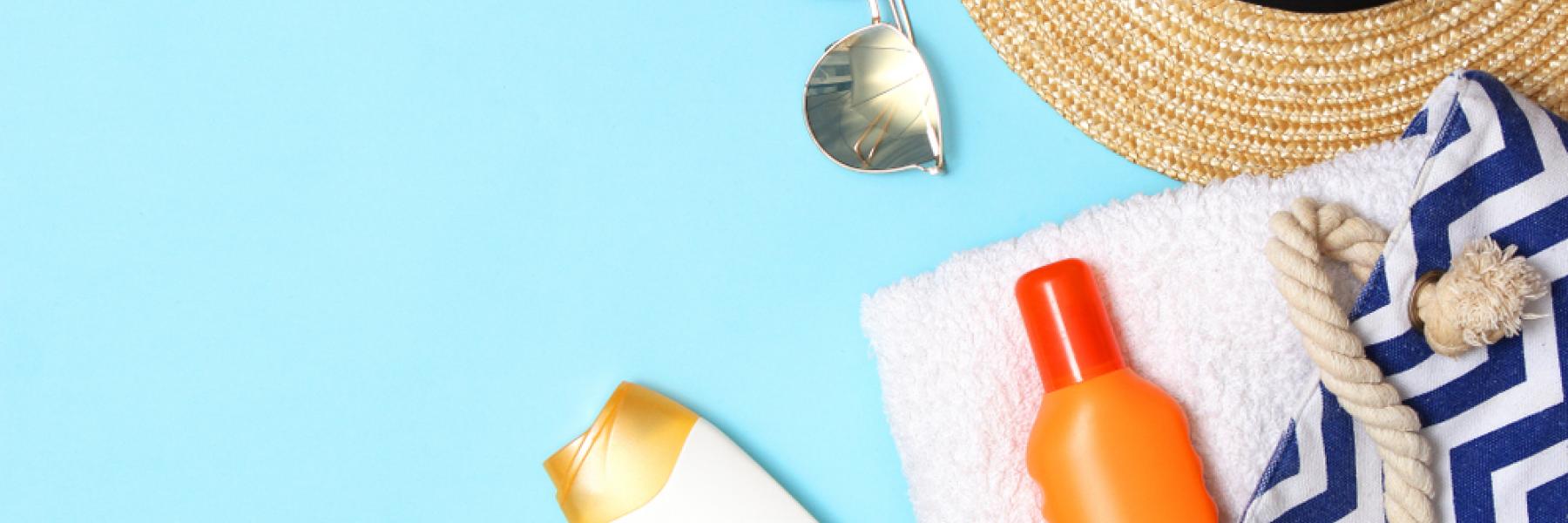
Sun Safety
Too much sun can cause sunburn, skin damage, eye damage, skin cancer and a weaker immune system. Ultraviolet (UV) radiation damage can start during childhood & adolescence and increase the risk of developing skin cancer later in life. UV radiation from the sun can still be felt even on cooler days when the sky is not clear and blue, potentially damaging our skin without realising it.
Your child still needs some sun for Vitamin D, which is important to help grow strong muscles and bones. It can be just as little as few minutes each day, so it is good to keep your child protected when they are in the sun.
UV radiation can vary throughout the year and season. UV radiation can be at its highest between 9am and 4pm, be sure to check the current levels in your area using your weather app and remember the following tips if the UV radiation is 3 or above:
-
Try to avoid children under 12 months being in direct sun.
-
Remember to be sun safe with protection for children over 12 months.
Slip, Slop, Slap, Seek, Slide
What started and is remembered as 'Slip, Slop, Slap,' is one of Cancer Council’s most popular health campaigns to remind Australians how to keep sun safe and protect against skin cancer. In 2007, the campaign was updated to include Seek & Slide to better increase the protection of Australians.
Protect yourself in five ways from the sun:
- Slip-on clothing that will cover as much skin as possible.
- Slop on SPF30+ water-resistant sunscreen.
- Slap on a wide-brimmed or bucket hat that helps to shade the face, ears and neck.
- Seek shade whenever possible such as under a tree, shade sail or umbrellas. UV radiation can still burn when you are in the shade, so it is important for you and your child to still wear sunscreen, a hat and protective clothing.
- Slide on sunglasses that meet the Australian Standard for UV protection. A soft elastic strap can help keep sunglasses in place for kids.
Cancer Council SunSmart Video with Jay Laga’aia
Check out 10 Myths about Sun Protection debunked by Cancer Council for some SunSmart tips.
Related Topics



